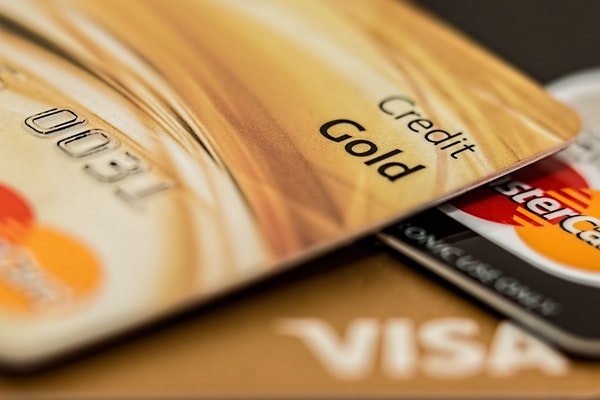The aftermath of ruined credit can be difficult. Your credit score can drop dramatically if you had too much credit card debt, filed for bankruptcy, or paid your bills late. It’s harder to get loans, you usually pay more for different types of insurance, and it could even affect your job search. Here’s how to recover from ruined credit.
Get Your Credit Reports From All Three Bureaus (Experian, TransUnion, and Equifax).
You can get free reports once a year at AnnualCreditReport.com. Knowing your score will help you see where you stand. Since each of the bureaus calculates scores differently from one another, having all three reports will give you a comprehensive understanding of your score.
Dispute Any Errors On Your Reports.
If you catch any errors, put together any proof you have to to support your case to dispute them (i.e., bank account statements) with the credit bureaus.
After determining which credit bureau(s) is reporting the errors, send a 609 dispute letter to the bureau in question. Although there is no guarantee that your dispute will result in the information being deleted, the bureau will be required to do an accuracy check. Also, know that due to the process, it could take a month or more to get a response. If you don’t get the resolution you wanted, try following up with the bureau or submitting a complaint to the Financial Protection Bureau.
On that note, you can also dispute expired negative items. Negative information (except for certain types of bankruptcy) can only be listed on your report for up to seven years.
Pay Your Debt.
Reducing your credit card balances lowers your credit utilization ratio, which is a quick way to boost your credit. Also, try to make more than just the minimum monthly payment to pay off the debt faster. An experienced debt counselor will guide you in paying off your credit card debt, and it will feel more manageable.
Pay Your Bills On Time.
You probably already know that late payments are a major cause for ruined credit. If money is especially tight, getting a side hustle will help you consistently pay your bills. Set calendar reminders for yourself or set up autopay so that you don’t miss a payment.
Balance Your Debt-To-Credit Ratio.
Debt-to-credit ratio proves your responsibility. In fact, up to 30% of your credit score depends on on how well you maintain your ratio. Keeping your credit utilization to a minimum – 30% or less – will improve your credit score.
Consolidate Your Debt.
Managing multiple types of debt is a challenge. One or more of them might have high interest rates, and then there’s keeping track of the different due dates. If you’re having trouble keeping up, debt consolidation simplifies debt management for you. You’ll make one monthly payment on the day that works best for you, and you’ll pay down debt more quickly. When you consolidate credit card debt, it will increase your credit scores too.
Consider Credit Counseling.
Credit counselors provide guidance to those navigating tricky financial situations. Whatever circumstances landed you in ruined credit, there’s solutions for each one.
It’s not an overnight process, but learning how to recover from ruined credit is a great start.
If you’re struggling to pay off debt, ACCC can help! Sign up for a free credit counseling session with us today.






